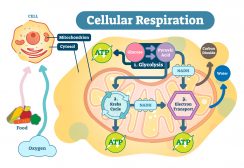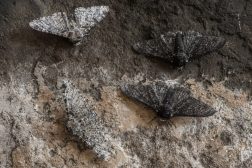Definition
noun
(parasitology) The stage in the life cycle of an endoparasite wherein it can initiate infection to its host
Supplement
A life cycle of a parasite pertains to its cyclic life history. It generally starts from the phase of a fertilized (embryonated) egg. The larva is then released from the egg to develop and reach adulthood, i.e. the reproductive phase in the life of a parasite. The life cycle of a parasite may be direct or indirect. A direct life cycle is one that which it completes its life cycle in a single host. An indirect life cycle is when a parasite requires another host for its development. The stage in the life cycle at which the parasite is able to initiate an infection to its host is referred to as an infective stage. It is in contrast to the diagnostic stage, i.e. the stage at which the parasite leaves the host, e.g. through excretion together with the stool, urine, or sputum. The infective stage of a parasite is one in which the parasite is capable of entering its host and continue its development within the host. Infection in connection with parasitology is defined as an invasion of the body by an endoparasite thereby inciting reaction from the host’s immune system. An endoparasite is a type of parasite that is found inside the body of the host. In contrast, the ectoparasite is one that thrives outside the body of its host. For example, Ascaris lumbricoides, a nematode, is an endoparasite that lives in the gut of its host. Its infective stage is the embryonated egg (as well as the second larval stage). Ingestion of the embryonated egg is one of the modes of transmission of this nematode.
See also:
Dictionary > Infective stage
You will also like...

Water in Plants
The movement of molecules (specifically, water and solutes) is vital to the understanding of plant processes. This tuto..

Plant Metabolism
Plants are responsible for incredible feats of molecular transformation. Plant processes, such as photosynthesis, photop..

Cell Respiration
Cell respiration is the process of creating ATP. It is "respiration" because it utilizes oxygen. Know the different stag..

A Balanced Diet – Carbohydrates and Fat
Apart from vitamins, the human body also requires high energy sources such as carbohydrates and fats. If you want an ove..

Gene Action – Operon Hypothesis
Learn how the way genes control and determine every aspect of the body. This lesson uses lac operon as an example. ..
..

Examples of Natural Selection
Darwin's Finches are an example of natural selection in action. They are an excellent example of the way species' gene p..

